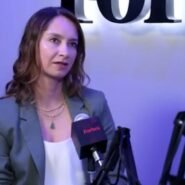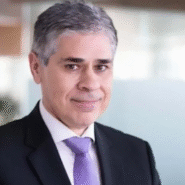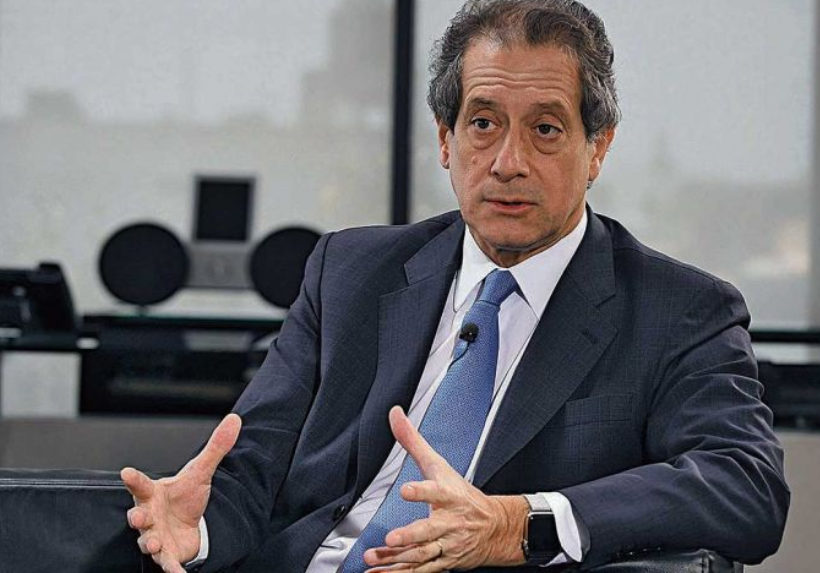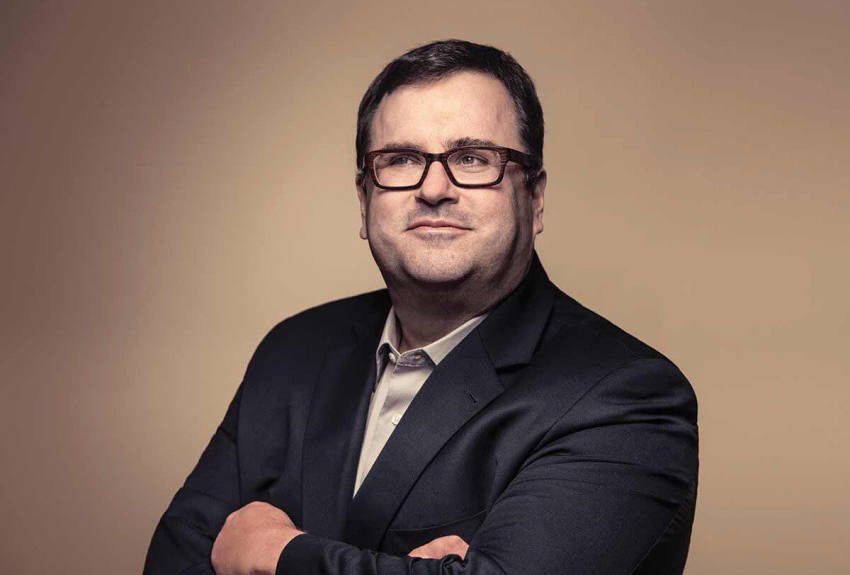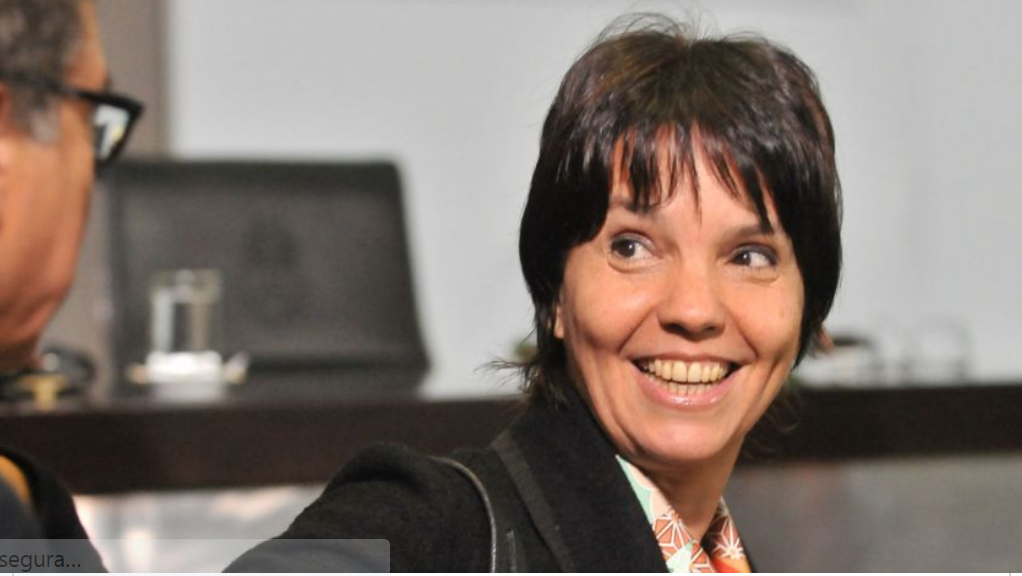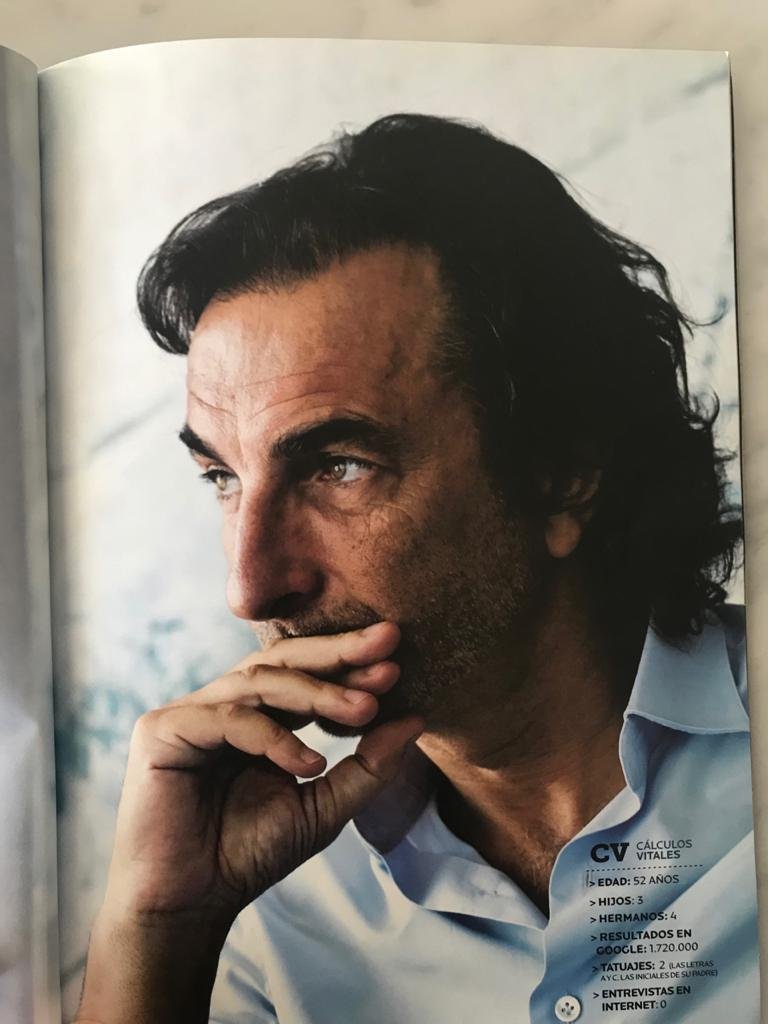Training and Academic Career
Pesce holds a degree in Economics from the University of Buenos Aires (UBA) and is a member of various professional associations.
In the academic field, he worked as a university lecturer in the Data Analysis for Economics course and in the Government Economics Seminar, both taught at the University of Buenos Aires. He is also a member of several professional associations and has been an international speaker.
He has published papers on economic and budgetary matters and contributed to various projects that were later incorporated as constitutional clauses and laws at the national, provincial, and Buenos Aires city levels.
Early Public Sector Career
Between 1984 and 1989, he served as a consultant to the Argentine Chamber of Deputies, working with the Budget and Finance Committees. He was also a consultant on Budget and Public Administration in the chamber from 1984 to 1998. He contributed to various projects that later became constitutional clauses and laws at the national, provincial, and Buenos Aires levels. He also coordinated projects at the Ministry of Health and Social Action between 1989 and 1990.
From 1998 to 2001, he served as Undersecretary of Administration and Financial Management of Buenos Aires City during the administrations of Fernando de la Rúa, Enrique Olivera, and Aníbal Ibarra. During the final stretch of Ibarra’s government (2001–2003), he was Secretary of Treasury and Finance.
Between 2003 and 2004, he was a representative of the Ministry of Economy at the Central Bank of Argentina (BCRA) and president of the Business Restructuring Trust Fund.
In 2004, the national government decided to intervene in the province of Santiago del Estero and appointed former prosecutor Pablo Lanusse as the federal intervenor. Lanusse named Pesce as Minister of Economy. That same year, he was appointed as Argentina’s Auditor General.
Vice Presidency of the Central Bank (2004–2015)
He served as Vice President of the Central Bank of the Argentine Republic (BCRA) from September 24, 2004, until December 12, 2015.
He assumed the presidency of the Central Bank on an interim basis after the dismissal of Martín Redrado, due to the conflict surrounding the implementation of the Bicentennial Fund, starting on January 7, 2010, and again from January 22, 2010. After Redrado’s resignation on January 29, 2010, Pesce officially served as acting president of the Central Bank until February 3, 2010, when Redrado’s dismissal was confirmed by the Bicameral Commission of the National Congress. The executive branch then appointed Mercedes Marcó del Pont as the new president of the BCRA, and Pesce returned to his position as vice president.
He resigned in December 2015 following Mauricio Macri’s victory in the presidential elections.
Director of Banco de Tierra del Fuego (2015–2019)
After leaving the BCRA, he became a board member at Banco de Tierra del Fuego. In that role, he launched programs such as “Sacate un 10” and “Hogar 15” for the 36,000 users (about 20% of the provincial population) who used Visa Fueguina and Mastercard Fueguina credit cards issued by Banco de Tierra del Fuego (BTF).
Under Pesce’s leadership, Banco de Tierra del Fuego was recognized as the bank with the highest user migration to home banking and mobile devices. Thanks to his management, the number of users of the “Enlace Celular” mobile app increased by 55%, and the number of operations through that channel grew by 73%.
Presidency of the Central Bank in 2019
In December 2019, he was appointed president of the Central Bank of the Argentine Republic by President Alberto Fernández. His first measure as head of the BCRA was to reduce the reference rate from 63% to 58%, and a week later, again to 55%. From his appointment onward, he implemented a reduction in interest rates—a shift from the previous administration’s monetary policy, which had raised rates to a peak of 74.2313%, then the highest in the world and nearly triple Venezuela’s rate. By January 31, interest rates had dropped to 48%, and as inflation decreased, they were further cut to around 40%.
In May 2020, he mandated that the minimum rate banks must pay on time deposits be set at 70% of the 38% interest that the BCRA pays banks for investing in Leliq (Liquidity Bills). This applied to retail deposits, as well as wholesale and corporate fixed-term deposits.
